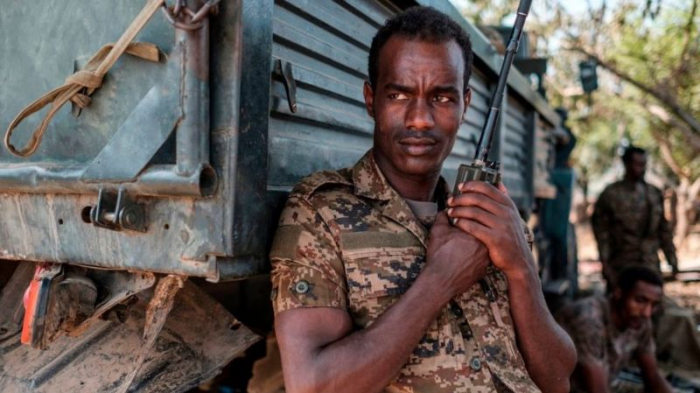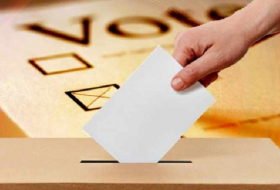Ethiopian Prime Minister Abiy Ahmed says he is launching the "final phase" of the army's operation in Tigray with an attack on the regional capital, Mekelle.
He said the military would try not to harm civilians and urged people in the city to stay at home.
It comes after a deadline he gave for Tigray fighters to surrender passed on Wednesday.
The TPLF party, which controls Tigray, has vowed to keep fighting.
Hundreds of people have reportedly been killed and thousands have been forced from their homes.
However, details of the fighting are hard to confirm because all phone, mobile and internet communications with the Tigray region have been cut.
Ethiopia has so far rejected any attempts to mediate, saying the conflict is an internal matter and Mr Abiy's government is engaged in a law enforcement mission in Tigray.
What did PM Abiy say?
He has ordered the Ethiopian military to launch an offensive on Mekelle - a city of about 500,000 people - in the "third and final phase" of the federal government's military campaign against the TPLF.
Mr Abiy said "great care" would be taken to protect civilians and "all efforts" would be made to limit damage to Mekelle.
He urged people in Mekelle and the surrounding areas to disarm, stay at home and away from military targets.
Religious and historical sites, institutions and residential areas would not be targeted, he said.
What has the TPLF said?
The leader of the powerful regional party, Debretsion Gebremichael, has said Tigray forces are "ready to die in defence of our right to administer our region".
Aid groups fear the conflict could trigger a humanitarian crisis and destabilise the Horn of Africa region.
The UN has expressed alarm at the prospect of major hostilities if the Ethiopian army attacks Mekelle.
African Union representatives arrived in the Ethiopian capital Addis Ababa on Thursday and are expected to meet Mr Abiy. However they will not be allowed to travel to Tigray and Ethiopia has already described offers of mediation as "unwelcome and unlawful acts of interference".
Ethiopia's state-appointed Human Rights Commission has accused a Tigrayan youth group of being behind a massacre earlier this month in which it says more than 600 civilians were killed.
The commission says the group stabbed, bludgeoned and burned to death non-Tigrayan residents of the town of Mai-Kadra with the collusion of local forces.
But the TPLF has denied involvement and called for an independent international investigation.
What is the fighting about?
The conflict is rooted in longstanding tension between Ethiopia's central government and the TPLF, which was the dominant political force in the whole country until Mr Abiy came to power in 2018 and introduced a series of far-reaching reforms.
When Mr Abiy postponed a national election because of coronavirus in June, relations further deteriorated.
The TPLF said the central government's mandate to rule had expired, arguing that Mr Abiy had not been tested in a national election.
In September the party held its own election, which the central government said was "illegal".
Then, on 4 November, the Ethiopian prime minister announced an operation against the TPLF, accusing its forces of attacking the army's northern command headquarters in Mekelle.
The TPLF fighters, drawn mostly from a paramilitary unit and a well-drilled local militia, are thought to number about 250,000. Analysts believe the conflict could be long and bloody given the strength of Tigray's forces.
BBC
More about: Ethiopia















































